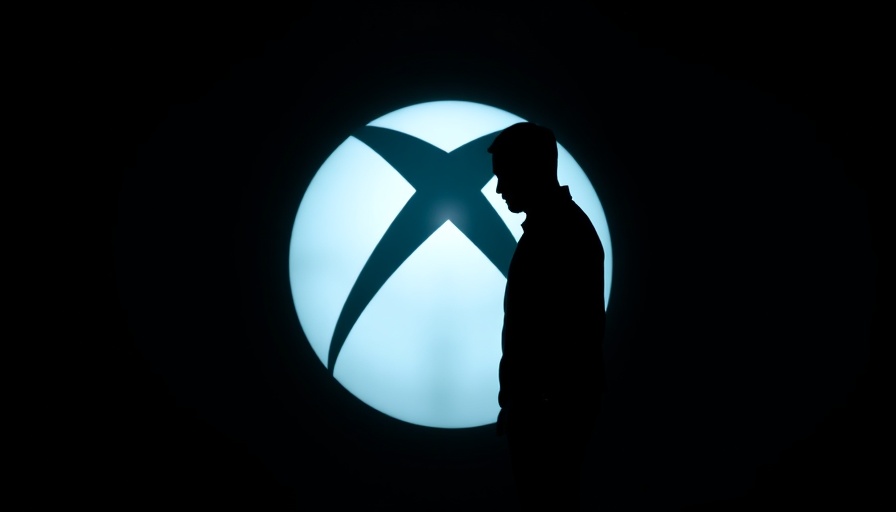
Microsoft Ventures Into Generative AI with Muse
Microsoft is taking a bold step into the realm of generative artificial intelligence in gaming with its new AI model, Muse. This innovative approach aims to assist game developers in crafting immersive experiences by understanding the nuanced physics and 3D environments of games, as showcased in the multiplayer title Bleeding Edge. Muse's capabilities promise to generate visuals and react to player movements in ways that could redefine game design.
Game Preservation: A Double-Edged Sword?
One of Muse's most intriguing potential uses lies in the preservation of classic games. Microsoft envisions a future where beloved titles, lost to the constraints of aging technology, can be revived for modern platforms. Fatima Kardar, a corporate vice president at Microsoft, enthused about the possibility of reintroducing these gaming gems to new audiences. However, the real question remains: will generative AI genuinely capture the essence that made these games timeless?
Developers' Pushback: 'No One Will Want This'
The reception among developers has been less than enthusiastic. Some, like seasoned developer David Goldfarb, have expressed skepticism and frustration, fearing that generative AI might undervalue their craft. Many industry professionals worry that tools like Muse aim to cut costs rather than enhance creativity, which could inadvertently disrupt the thorough processes they rely on for game development.
Job Security in the Age of AI
As the gaming industry faces waves of layoffs, the introduction of generative AI models such as Muse has left many developers anxious about their job futures. While AI can assist in prototyping, critics argue it runs the risk of eliminating the need for human creativity. In an industry already weathering talent exodus, there’s fear that Muse will not only fail to meet player expectations but also push passionate game creators out of their own field.
Future of Gaming: Navigating the AI Frontier
Despite the concerns, Microsoft insists that Muse will serve as a tool rather than a replacement for human creativity. As the industry grapples with integrating AI into game design, it will be critical for companies to address the apprehensions of developers and market this technology responsibly. There is much work to be done if Microsoft hopes to convince creators that generative AI can align with their artistic vision without compromising their livelihoods.
The road ahead for Muse and similar AI developments is ripe with potential yet fraught with challenges. For the gaming community, embracing this technology will require careful consideration of its implications on creativity and job security.
 Add Row
Add Row  Add
Add 
 Add Element
Add Element 

Write A Comment